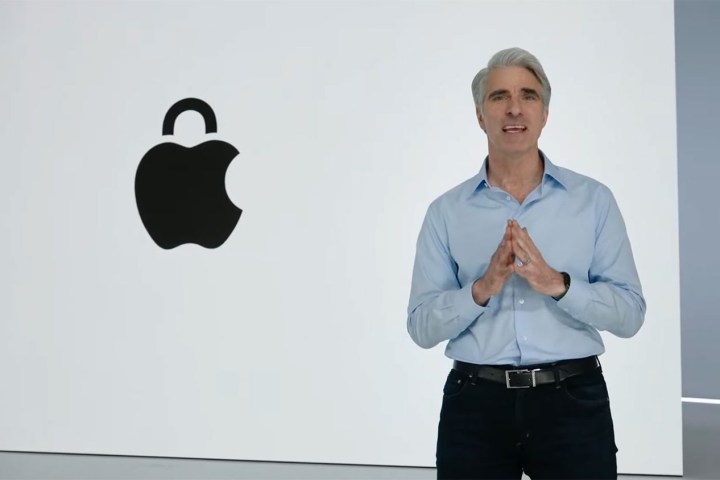Despite their reputation for security, Macs can still get viruses, and that’s just been proven by a malicious new Mac malware that can steal your credit card info and send it back to the attacker, ready to be exploited. It’s a reminder to be careful when opening apps from unknown sources.
The malware, dubbed MacStealer, was discovered by Uptycs, a threat research firm. It hoovers up a wide array of your personal data, including the iCloud Keychain password database, credit card data, cryptocurrency wallet credentials, browser cookies, documents, and more. That means there’s a lot that could be at risk if it gains a foothold on your Mac.

MacStealer begins its attacks using an installer file called weed.dmg. Opening this launches a fake password prompt that harvests your login credentials and uses them to access your sensitive information, which is then zipped up and sent to a server controlled by the hacker. Once that’s done, the stolen data is broadcasted to interested parties on a dedicated Telegram channel.
Fortunately, even though MacStealer can extract your Mac’s iCloud Keychain database, it isn’t able to extract the passwords stored within. That’s because iCloud Keychain encrypts any data it stores. As the attackers note, without a user’s master password, getting at those passwords is “almost impossible.”
How to protect yourself

Right now, the malware’s developers are selling it for $100 per build, making it relatively affordable in the world of malware as a service. According to the developer, the low price is due to the malware lacking a user panel and any builder functionality, as well as its current beta status.
Unfortunately, it seems like the threat actor developing MacStealer has some more ideas that they are planning to incorporate into future versions. That includes a cryptocurrency wallet drainer, a user control panel, the ability for customers to generate new builds themselves, and more.
If you want to protect yourself from MacStealer (and other Mac malware), you should keep your Mac up to date with the latest patches from Apple and only allow the installation of apps from trusted sources (such as the official App Store). Installing an antivirus app would also be a good idea, as would using one of the best password managers to keep your sensitive data locked up and encrypted.
Editors' Recommendations
- This hidden menu has forever changed how I use my Mac
- How macOS Sonoma could fix widgets — or make them even worse
- Will my Mac get macOS 14?
- This macOS concept fixes both the Touch Bar and Dynamic Island
- Is macOS more secure than Windows? This malware report has the answer




